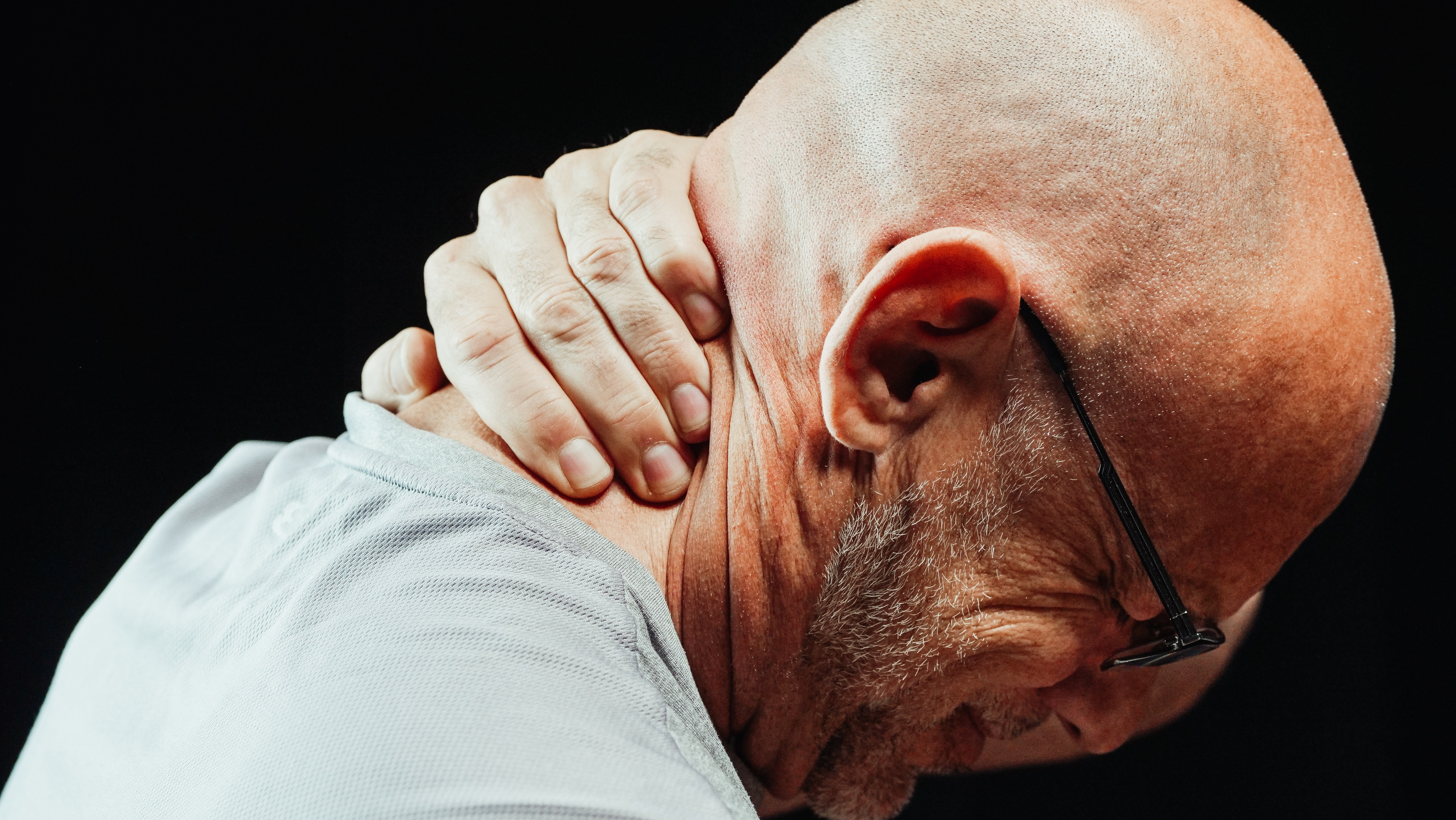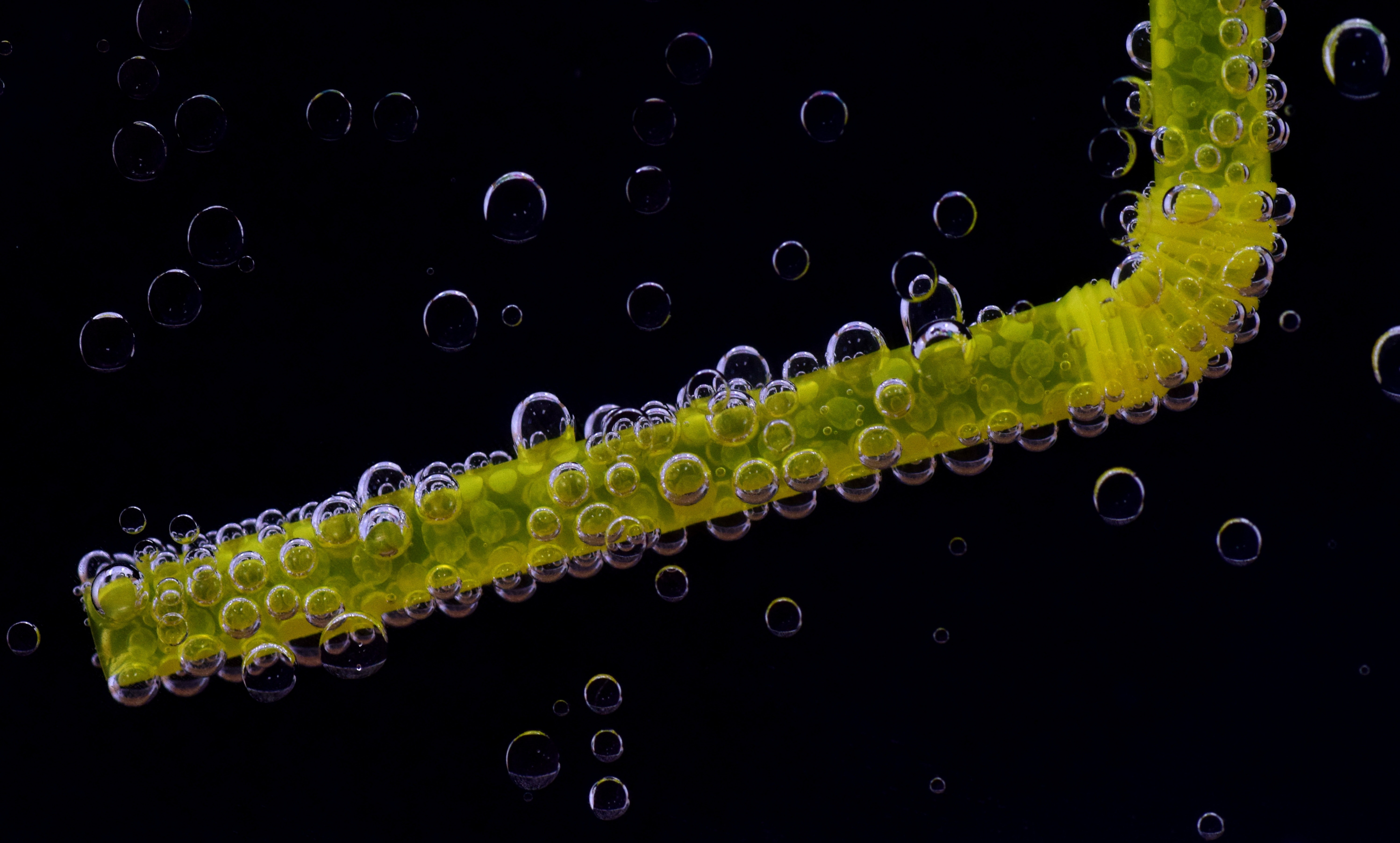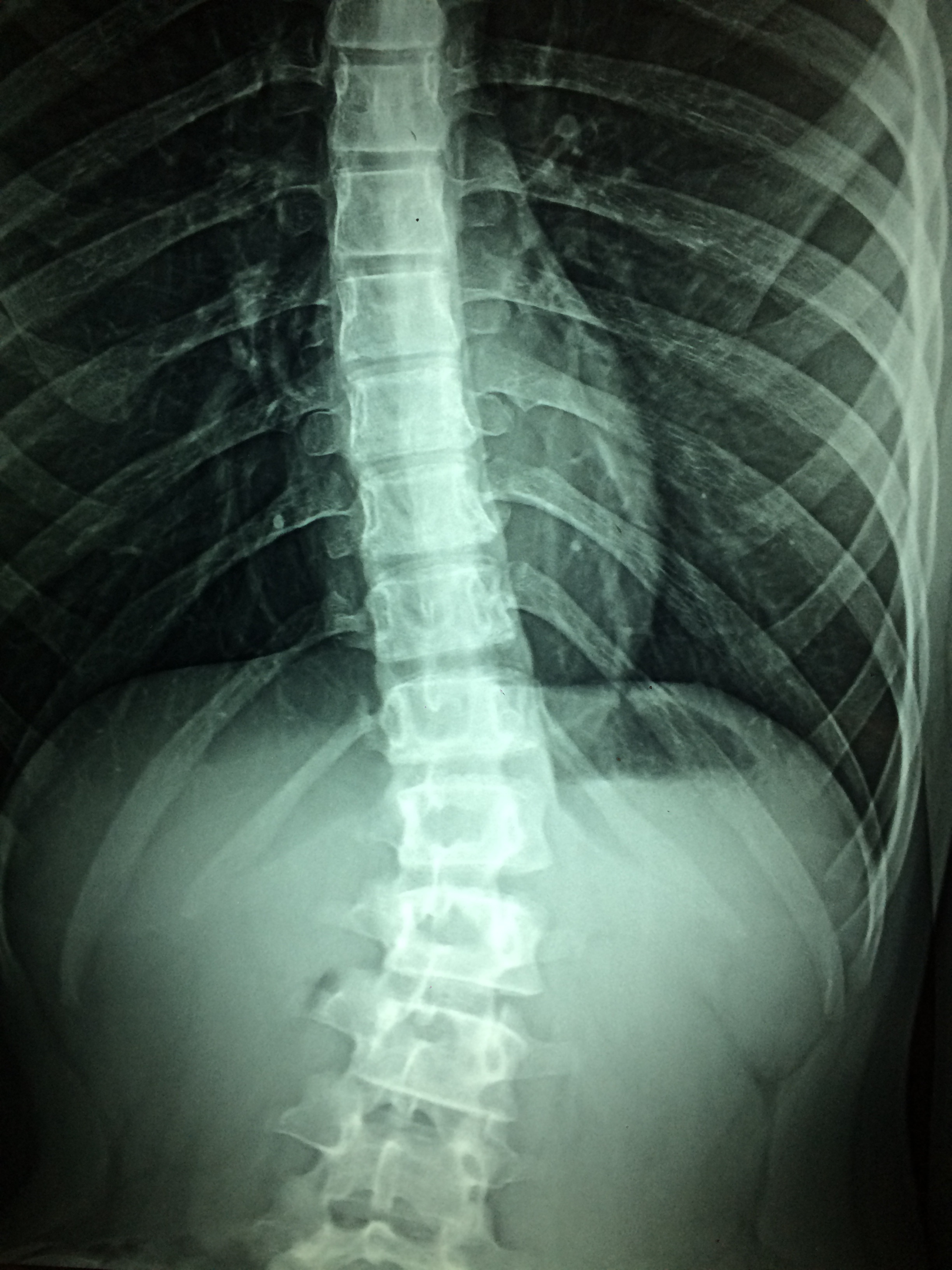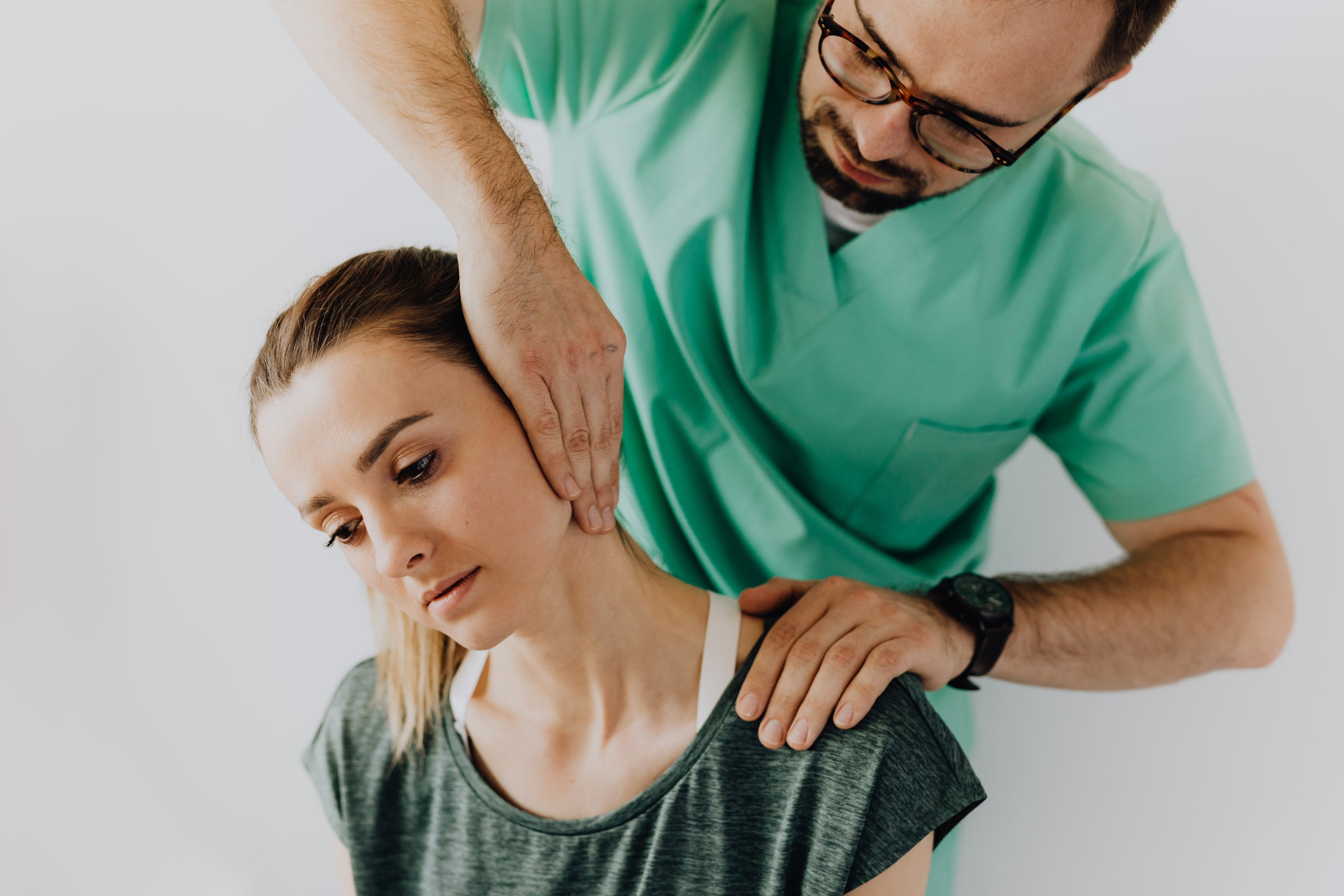
The neck plays a vital role in supporting the head and protecting critical structures like the spinal cord and blood vessels. Given the weight of the head and constant strain from daily activities, the cervical spine is prone to stiffness and injury. To relieve discomfort, many people resort to neck cracking—a practice that can feel satisfying but raises important questions about safety and health implications.
While cracking the neck may provide temporary relief, it can sometimes indicate underlying joint issues. In this article, we’ll explore the causes, benefits, and risks of neck cracking, as well as evidence-based treatments like Prolotherapy for chronic neck pain.
Table of Contents
- Causes of Neck Cracking
- Benefits of Neck Cracking
- What Is Neck Crepitus?
- Risks Associated With Neck Cracking
- Prolotherapy for Neck Pain
- Should I Visit a Chiropractor?
- Frequently Asked Questions
- Case Studies
- Contact ProHealth Clinic
- Author Bio
- References
Causes of Neck Cracking
Neck cracking occurs when gas bubbles within the synovial fluid of the cervical facet joints are released, producing a “popping” sound. This phenomenon, known as joint cavitation, is similar to knuckle cracking. In most cases, the noise is harmless, but repetitive cracking or associated pain may indicate instability, arthritis, or cartilage damage.
Facet Joints
The cervical spine is made up of facet joints that stabilize the neck while allowing motion. These joints are filled with synovial fluid and can trap small gas bubbles. When the neck is stretched or rotated, these bubbles collapse or release, creating the familiar cracking sound. Though not inherently harmful, chronic or loud neck cracking may suggest ligament laxity or degeneration.
Benefits of Neck Cracking
Many people report temporary relief from stiffness after cracking their neck. Research suggests that the cracking sound itself may trigger neurological responses, releasing endorphins, oxytocin, and other neuropeptides that reduce pain perception. However, these effects are short-term, and repeated self-cracking may increase the risk of tissue damage.
What Is Neck Crepitus?
Neck crepitus refers to persistent grinding, crunching, or popping sounds during movement. Unlike voluntary cracking, crepitus often results from arthritis, cartilage wear, or instability of the cervical spine. In some cases, it may be linked to serious issues like cervical spondylosis or degenerative disc disease. While occasional crepitus is harmless, chronic symptoms should be evaluated by a medical professional.
Neck Pain with Grinding Sensation
Conditions such as cervical osteoarthritis or spondylosis can cause both neck pain and grinding sensations. In these cases, cartilage breakdown and bone spur formation lead to friction between vertebrae, often producing cracking noises alongside stiffness and radiating pain.
Risks Associated With Neck Cracking
While occasional neck cracking is often harmless, excessive or aggressive cracking can lead to serious complications:
- Nerve Damage (Radiculopathy): Overstretching or twisting can impinge cervical nerves, causing radiating pain, numbness, or tingling.
- Blood Vessel Damage: Improper neck manipulation may injure arteries, increasing the risk of stroke.
- Joint and Ligament Damage: Repeated cracking stretches ligaments, leading to cervical instability and increased risk of arthritis.
Prolotherapy for Neck Pain
Prolotherapy is a regenerative injection treatment that helps repair ligaments and tendons in the neck. By injecting a natural solution, prolotherapy stimulates collagen production, restoring stability and reducing pain at its source.
Unlike temporary relief from cracking, prolotherapy addresses the root cause of instability and degeneration, offering a long-term solution for chronic neck pain.
Should I Visit a Chiropractor?
If you experience occasional painless cracking, you generally don’t need treatment. However, persistent crepitus, stiffness, or pain should be assessed by a healthcare professional. Chiropractors and physical therapists can provide safe spinal adjustments and exercises to reduce symptoms, while regenerative treatments like prolotherapy may be needed for long-term stability.
Frequently Asked Questions
- Why does my neck crack so much? Frequent cracking may be due to gas release, ligament laxity, or underlying joint degeneration.
- Is neck cracking dangerous? Occasional cracking is usually harmless, but aggressive or repetitive cracking can cause ligament and joint damage.
- Can neck crepitus go away? Yes, if caused by posture or minor strain. Chronic crepitus from arthritis or instability requires treatment.
- When should I worry about neck cracking? If you have pain, numbness, tingling, dizziness, or weakness along with cracking, seek medical advice.
- Does chiropractic treatment help? Yes, spinal adjustments and physical therapy can reduce stiffness and restore proper alignment.
Case Studies
- Case 1: A 45-year-old office worker experienced chronic crepitus and stiffness. Prolotherapy combined with posture correction exercises eliminated symptoms within 3 months.
- Case 2: A 62-year-old patient with cervical osteoarthritis reported daily grinding sounds and pain. After receiving prolotherapy injections and physiotherapy, pain reduced by 70% and neck stability improved.
- Case 3: A young athlete with hypermobility habitually cracked his neck. Following regenerative treatment, symptoms resolved, and long-term stability was restored.
Contact ProHealth Clinic Today for Your FREE 15-Minute Discovery Call
Don’t let neck pain control your life any longer. Join the thousands of patients who have found lasting relief through prolotherapy at ProHealth Clinic.
Get in Touch
Phone: +441234380345
Email: info@prohealthclinic.co.uk
Our Clinic Locations
London: 104 Harley Street, Marylebone, W1G 7JD
Manchester: The Hadley Clinic, 64 Bridge Street, M3 3BN
Bedford: The Village Medical Centre, Kingswood Way, MK40 4GH
All clinics offer the same award-winning prolotherapy treatment with convenient appointment times, including evenings and weekends.
Author Bio
Having performed over 10,000 procedures, Mr. Oliver Eaton is one of the UK’s leading practitioners in the field of treating neck pain, with patients travelling to see him from across the UK, Europe, and the Middle East.
With over 12 years of clinical experience, Oliver is dedicated to helping patients understand their symptoms associated with neck pain and providing effective treatment options. He trained in Prolozone Therapy and Prolotherapy in America with the American Academy of Ozonotherapy and completed further qualifications at the Royal Society of Medicine, Charing Cross Hospital in London, Keele University, and Heidelberg University in Germany.
Over the years, he has treated elite athletes, including Olympic and Commonwealth medallists.
LinkedIn: Oliver Eaton
References
- Knuckle and joint cracking research
- Neurochemical pathways in joint cracking
- Oxytocin and neurotensin release study
- Cervical spondylosis overview
- Pneumomediastinum and joint conditions




